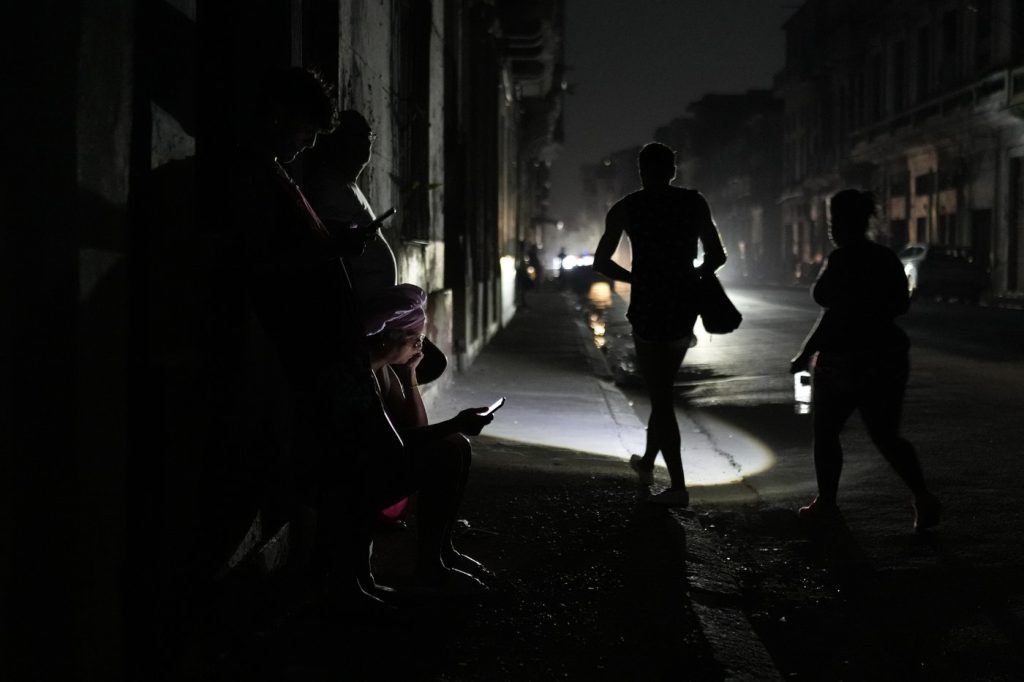Millions of people in Cuba faced a significant power outage on Saturday after a failure in the nation's electric grid plunged the island into darkness the previous night. This massive blackout marked the fourth major incident within six months, underscoring the severe economic crisis that continues to afflict the Caribbean nation.
The Cuban Ministry of Energy and Mines reported that the blackout was caused by a failure at a substation located in the suburbs of Havana, the capital city. Lázaro Guerra, the director of electricity at the ministry, stated on national television that they were actively generating power to support essential services, including hospitals, amidst the widespread outages.
To address the crisis, the Cuban Electricity Union announced on Saturday its strategy to develop "microsystems" that can interconnect to gradually restore electricity throughout the country. Several of these microsystems are already operational in the provinces of Guantánamo, Santiago, Las Tunas, and Pinar del Río, demonstrating the government's effort to tackle the ongoing power issues.
Despite these efforts, internet and telephone services remained sporadic more than 12 hours after the initial blackout, which began around 8 p.m. local time on Friday. This disruption follows a series of similar blackouts that occurred in October, November, and December 2024. Notably, in mid-February 2025, authorities were compelled to suspend classes and work for two days due to an electricity generation shortage that exceeded 50% nationwide.
Experts attribute the ongoing electricity disruptions to a combination of fuel shortages at power plants and the aging infrastructure, with most facilities having been in operation for over 30 years. The blackouts exacerbate the hardships faced by many Cuban families as the country grapples with a profound economic crisis. Analysts have cited the impacts of the COVID-19 pandemic, inflation stemming from domestic policy measures, and intensified U.S. sanctions as significant factors behind the deterioration of living conditions in Cuba.
For many Cubans, electricity is essential for daily activities, particularly for cooking meals. The recent outage poses a risk of food spoilage as electric appliances, such as refrigerators, lose power. Cecilia Duquense, a 79-year-old housewife from the working-class neighborhood of Central Havana, expressed her frustration, stating, "When I was about to start cooking and making some spaghetti, the power went out. And now what?" Her comment highlights the immediate consequences that the blackout has on everyday life for residents across the island.
The series of outages illustrates the ongoing struggle for the Cuban government to stabilize the electric grid while navigating an increasingly tenuous economic landscape. As the situation develops, the resilience of the Cuban people will be tested further amidst the pressing challenges they continue to face.










